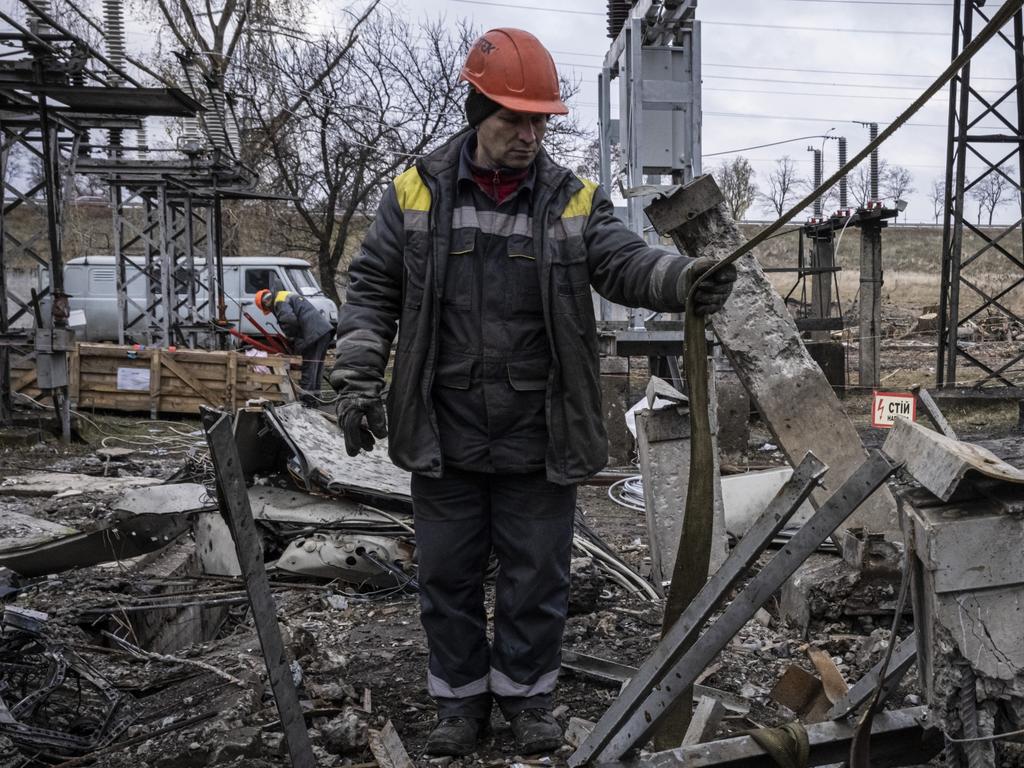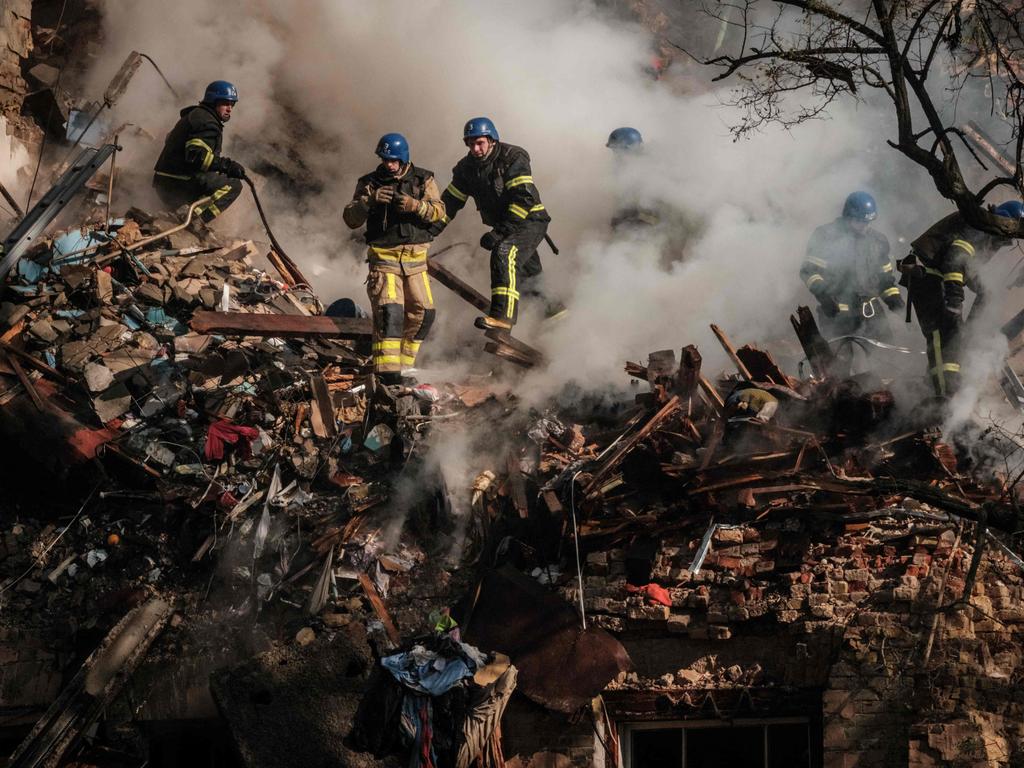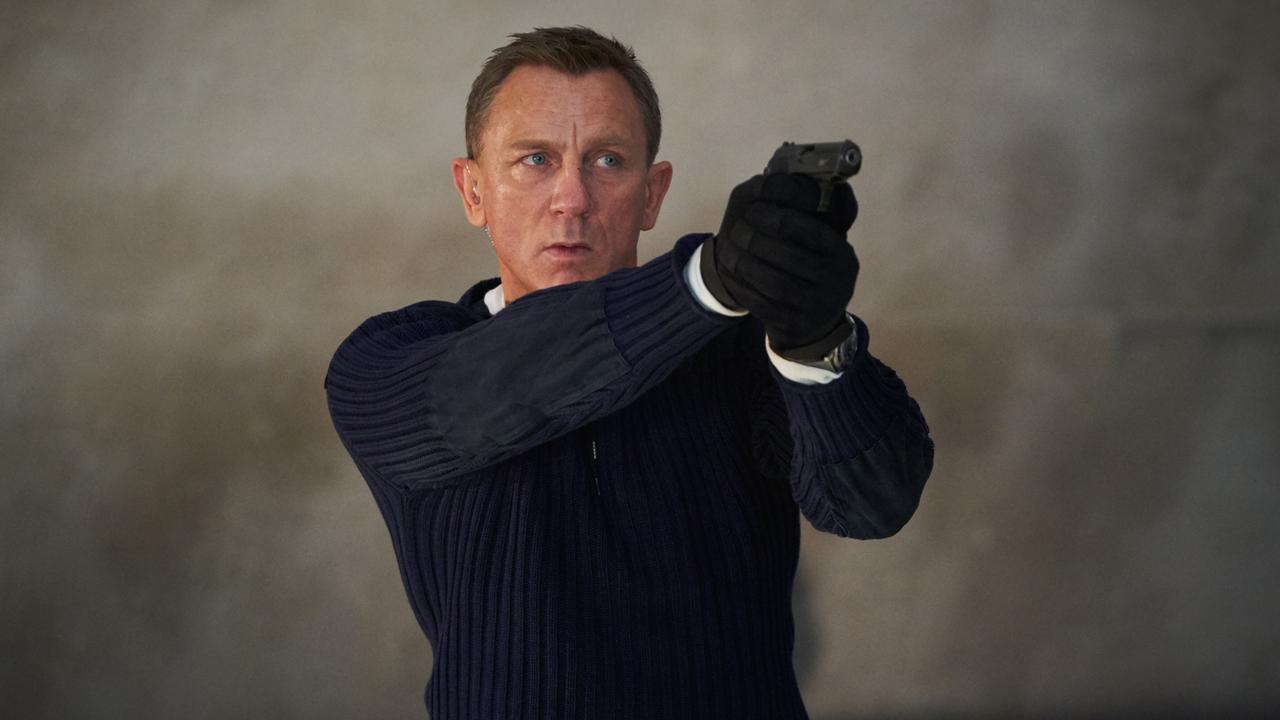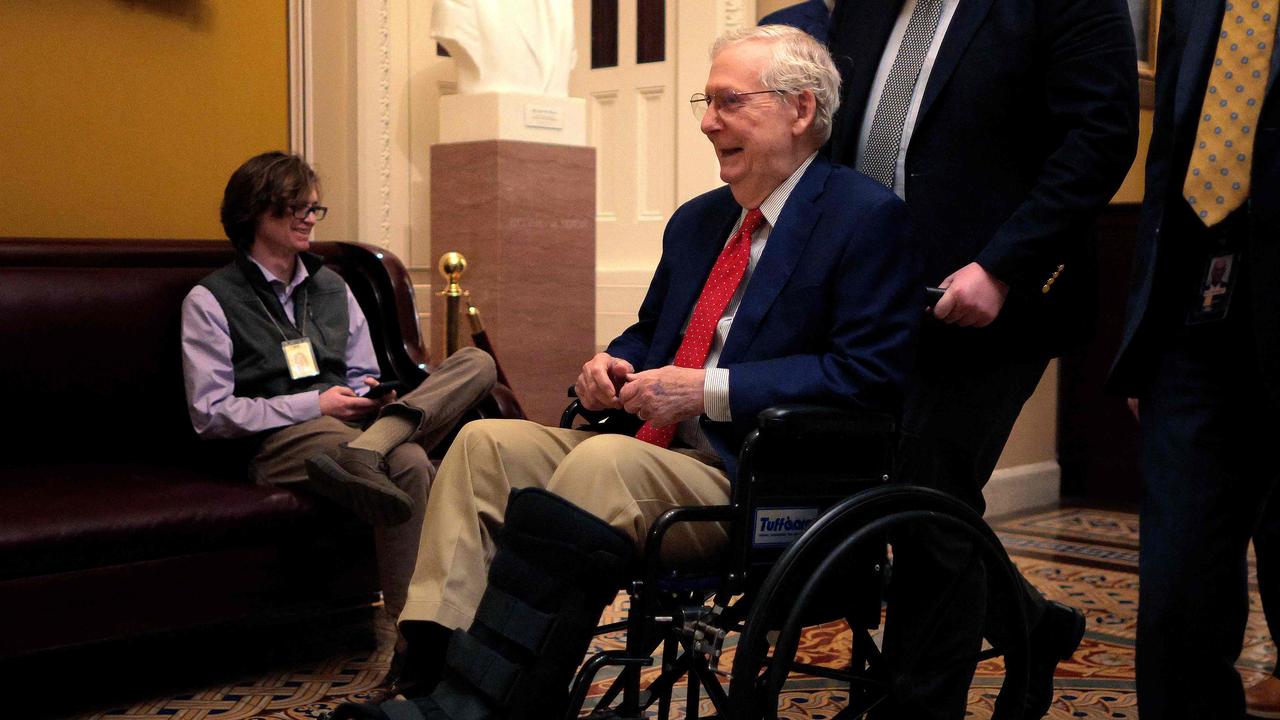Senior White House official involved in undisclosed talks with top Putin aides
Joe Biden’s top national-security adviser has engaged in talks with Putin aides to reduce the risk of a broader Ukraine conflict and warn Moscow against nuclear weapons.
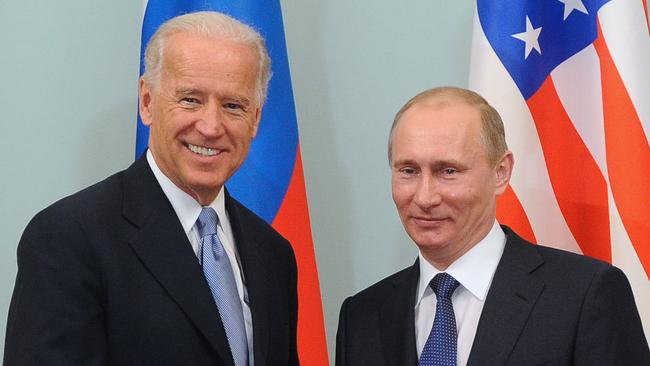
President Biden’s top national-security adviser has engaged in recent months in confidential conversations with top aides to Russian President Vladimir Putin in an effort to reduce the risk of a broader conflict over Ukraine and warn Moscow against using nuclear or other weapons of mass destruction, U.S. and allied officials said.
The officials said that U.S. national-security adviser Jake Sullivan has been in contact with Yuri Ushakov, a foreign-policy adviser to Mr. Putin. Mr. Sullivan also has spoken with his direct counterpart in the Russian government, Nikolai Patrushev, the officials added.
The aim has been to guard against the risk of escalation and keep communications channels open, and not to discuss a settlement of the war in Ukraine, the officials said.
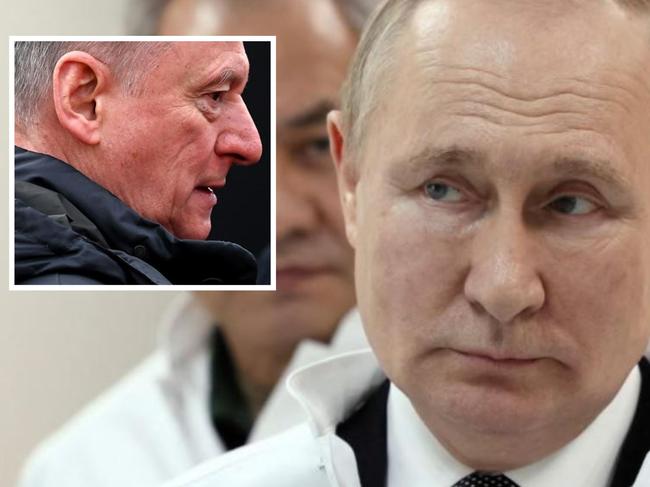
Asked whether Mr. Sullivan has engaged in undisclosed conversations with Messrs Ushakov or Patrushev, NSC spokeswoman Adrienne Watson said: “People claim a lot of things,” and declined to comment further. The Kremlin didn’t respond to a request for comment.
The White House hasn’t publicly acknowledged any calls between Mr. Sullivan and any senior Russian official since March, when he spoke with Mr. Patrushev.
The unpublicized discussions come as traditional diplomatic contacts between Washington and Moscow have dwindled and Mr. Putin and his aides have hinted he might resort to using nuclear arms to protect Russian territory, as well as gains made in his invasion of Ukraine this year.
Despite its support for Ukraine and punitive measures against Russia for the invasion, the White House has said that maintaining some level of contact with Moscow is imperative for achieving certain mutual national-security interests.
Several U.S. officials said that Mr. Sullivan is known within the administration as pushing for a line of communication with Russia, even as other top policy makers feel that talks in the current diplomatic and military environment wouldn’t be fruitful.
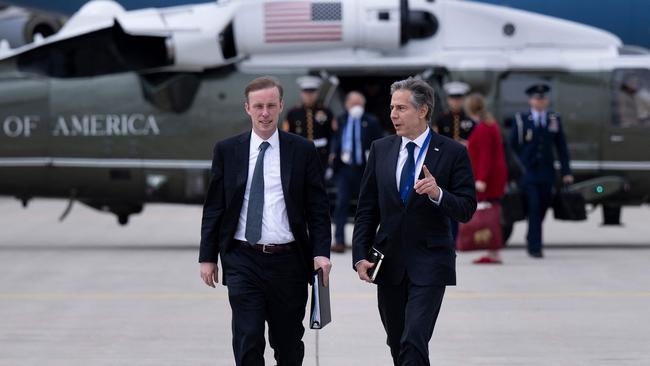
Officials didn’t provide the precise dates and number of the calls or say whether they had been productive.
Some former American officials said that it was useful for the White House to maintain contact with the Kremlin as U.S.-Russian relations are at their lowest point since the end of the Cold War.
“I think it’s always important, especially for nuclear-armed countries, to maintain open channels of communication to help understand what each side is thinking and thereby avoid the possibility of an accidental confrontation or war,” said Ivo Daalder, who served as the U.S. ambassador to NATO during the Obama administration. “National-security advisers are the closest conduit to the Oval Office without bringing the president directly into that communication channel.” President Biden sought to forge a working relationship with Mr. Putin during his first year in office, which culminated in a summit in Geneva in June 2021. Those talks touched on Ukraine, where the sides had clear differences, among an array of other subjects.
By October, however, U.S. intelligence indicated that Russian forces were preparing to invade Ukraine. CIA Director William Burns was sent to Moscow in early November 2021 to warn Mr. Putin against an invasion.
Mr. Biden spoke twice with Mr. Putin in December 2021 and again in February 2022 to try to avert a Russian attack while U.S. diplomats engaged with their Russian counterparts.
After Russian forces invaded Ukraine on Feb. 24, however, diplomatic and military contacts between the two sides became infrequent.
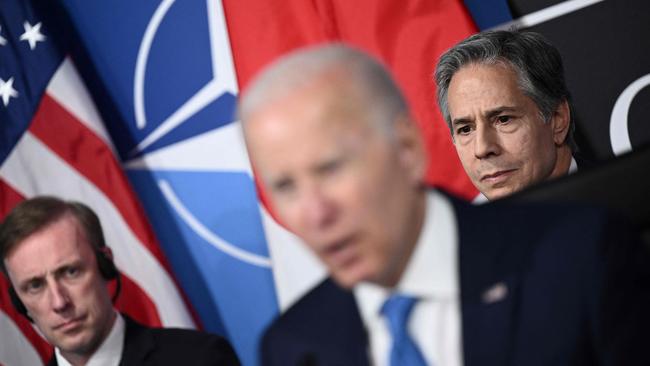
Officials said that Mr. Sullivan has taken a leading role in coordinating the Biden administration’s policy and plans in response to Russia’s invasion of Ukraine -- something that is expected of the president’s top national-security adviser. However, he has also been involved in diplomatic efforts, including a visit to Kyiv Friday to speak with Ukraine’s President Volodymyr Zelensky and Defense Minister Oleksii Reznikov, meetings traditionally handled by the secretaries of state or defense.
Mr. Sullivan also has spoken to Ukraine’s leadership, urging them to publicly signal their willingness to resolve the conflict, a U.S. official said. The U.S. isn’t pushing Ukraine to negotiate, the official added, but rather to show allies that it is seeking a resolution to the conflict, which has affected world oil and food prices.
The Washington Post earlier reported efforts by Mr. Sullivan to persuade Ukrainian officials to seek a resolution.
When Mr. Putin and his senior aides hinted in September that Russia might use nuclear weapons if his forces were pushed into a corner, Mr. Sullivan said that the Biden administration had “communicated directly, privately at very high levels to the Kremlin that any use of nuclear weapons will be met with catastrophic consequences for Russia.” The White House had declined to say how that warning was communicated. Secretary of Defense Lloyd Austin and several of his allied counterparts spoke this past month with Russia’s Defense Minister Sergei Shoigu as Moscow claimed Kyiv was preparing to use a so-called dirty bomb against it, something Ukrainian and western officials have denied.
Mr. Austin initiated the initial call, which was their first discussion since May, to stress the importance of maintaining lines of communication, the Pentagon said. Mr. Shoigu initiated the second.
Mr. Ushakov, the foreign-policy adviser to Mr. Putin, has served as an ambassador in Washington and is regarded by former and current U.S. officials as a conduit to the Russian leader.
Mr. Burns met with Mr. Ushakov in November 2021 during his visit to Moscow before speaking with Mr. Putin. Mr. Sullivan spoke again with Mr. Ushakov in December.
In his March conversation with Mr. Patrushev, which the White House described, Mr. Sullivan told the Russian official that Moscow’s forces should stop attacking Ukrainian cities and towns and warned the Kremlin not to use chemical or biological weapons.
Mr. Patrushev, who entered the KGB in the 1970s and rose to become director of the Federal Security Service from 1999 to 2008, is regarded by American officials as a hard-liner who shares many of Mr. Putin’s suspicions about the U.S.
A Russian statement about the March conversation between Mr. Sullivan and Mr. Patrusev said that it took place at the initiative of the U.S., and that Mr. Patrushev has stressed “the need to stop Washington’s support of neo-Nazis and terrorists in Ukraine and facilitate the transfer of foreign mercenaries to the conflict zone, as well as refuse to continue supplying weapons to the Kiev regime.” Even as relations between Washington and Moscow have deteriorated, the U.S. has sought to preserve some areas of cooperation, especially on strategic arms control and the International Space Station.
Washington and Moscow have adhered to the New START treaty, which limits long-range U.S. and Russian nuclear arms and is due to expire in 2026.
U.S. and Russian officials are planning to hold meetings of the Bilateral Consultative Commission, which was established by the New START treaty to discuss its implementation, according to U.S. officials and a Russian media report. One aim is to discuss resuming inspections under New START that were suspended when the COVID-19 pandemic began, U.S. officials say.
While Switzerland had been the traditional host nation for such talks, Moscow has said that it no longer considers it a neutral country because, like other European nations, it has imposed economic sanctions following Russia’s invasion of Ukraine. Western sanctions have also complicated the Russians’ travel arrangements, so plans are being made to hold the meeting in Cairo, the officials said.
The State Department and the Russian government declined to comment on the meetings, which aren’t generally announced in advance.
Nancy A. Youssef contributed to this article.
The Wall Street Journal

